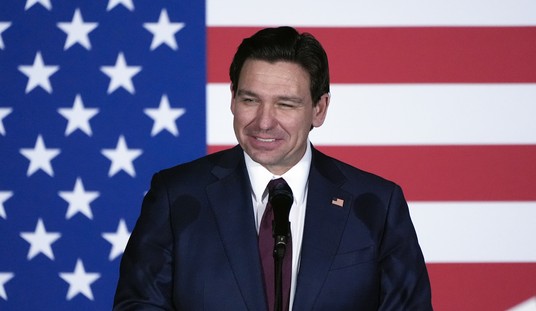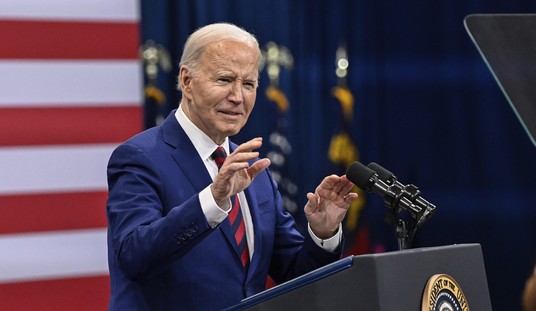When famed bank robber Willie Sutton was asked why he robbed banks, he said: "Because that's where the money is."
For the same reason, it is as predictable as the sunrise that medical care for the elderly will be cut back under a government-controlled medical system. Because that's where the money is.
My experience is probably not very different from that of many other people in their seventies. My medical expenses in the past year have been more than in the first 40 years of my life-- and I did not spend one night in a hospital all last year or go to an emergency room even once.

Just the ordinary medical expenses of keeping an old geezer going along in good health are high. Throw in a medical emergency or two and the costs go through the roof.
So long as my insurance company and I are paying for it, it is nobody else's business what my medical expenses are. But once the government is involved, everything is their business.
It is not just a question of what the government will pay for. The logic of their collectivist thinking-- and the actual practice in some other countries with government-controlled health care-- is that you cannot even pay for some medical treatments with your own money, if the powers that be decide that "society" cannot let its resources be used that way, or that it would not be "social justice" for some people to have medical treatments that others cannot get, just because some people "happen to have money."
The medical care stampede is about much more than medical care, important as that is. It is part of a whole mindset of many on the left who have never reconciled themselves to an economic system in which how much people can withdraw from the resources of the nation depends on how much they have contributed to those resources.
Recommended
Despite the cleverness of phrases about people who "happen to have money," very few people just happen to have money. Most people earned their money by supplying other people with goods or services that those people were willing to pay for.
Since it is their own money that they have earned, these people feel free to spend it to give their 80-year-old grandmother another year or two of life, or to pay for a hip replacement operation for their mom or dad, even If some medical "ethicist" might say that the resources of "society" would be better used to allow some 20-year-old to talk over his angst with a shrink.
Barack Obama has talked about the high costs of taking care of elderly or chronically ill patients in terms of "society making those decisions." But a world in which individuals make their own trade-offs with their own money is fundamentally different from a world where third parties take those decisions out of their hands and impose their own notions of what is best for "society."
Calling these arbitrary notions "ethics" doesn't change anything, however effective it may be as political spin.
More is at stake than the outcomes of medical decisions, extremely important as those are. What is also at stake is freedom and the dignity of individuals who do not live their lives as supplicants of puffed-up power holders who are spending the money taken from them in taxes.
One of the many phony arguments for government-controlled medical care is that Americans do not have any longer life expectancy than in other countries, despite much higher medical expenditures.
This argument is phony because longevity depends on health-- and "health care" and "medical care" are not the same, no matter how many times the two are confused in the media or in politics. Health care includes things that doctor cannot do much about.
Homicide affects your longevity but there is not much that doctors can do about it when they arrive on the scene after you have been shot through the heart, except fill out the paperwork. Rates of homicide, obesity and narcotics usage are higher here than in many other countries, reducing our longevity.
But in the things that medical care can do something about-- like cancer survival rates-- the United States ranks at or near the top in the world. But that can change if we give up the real benefits of a top medical system for the visions and rhetoric of politicians.

























Join the conversation as a VIP Member